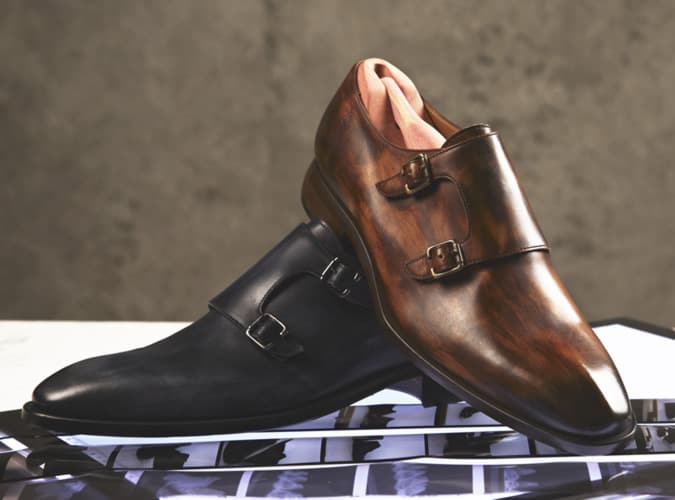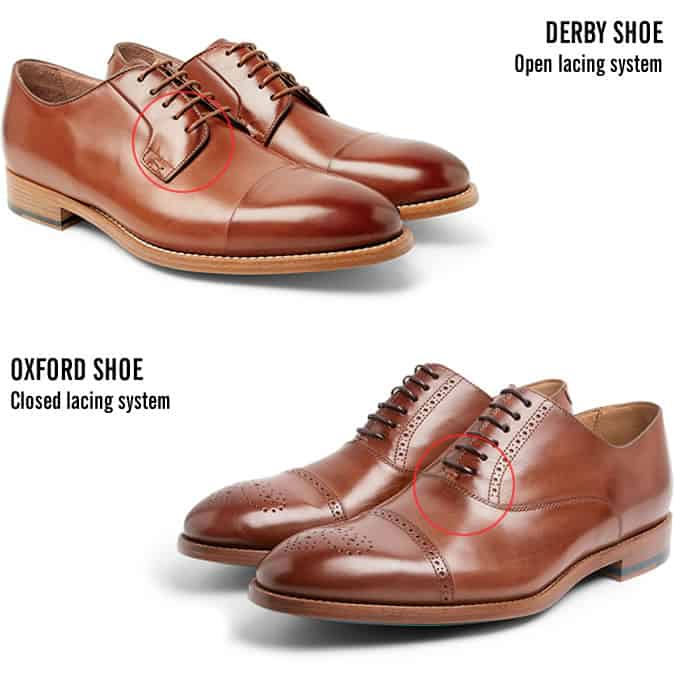Is It Okay To Wear A Down Jacket?
The other option is to jettison the real stuff entirely and plump for synthetic down instead. Though it can’t quite match the cosiness-per-gram of feathers, if you never intend to test your down jacket on a glacier, then that shouldn’t be too much of a problem. Even in the teeth of the Beast of the East, synthetic down is plenty warm enough. That said, it’s not entirely problem-free; materials like PrimaLoft and Thinsulate are basically plastic, which the planet won’t thank you for.
The only truly no-harm down might be the kind collected from the Icelandic eider duck’s nests, by farmers who keep the birds protected from predators. It’s a time- and labour-intensive process and the down mostly ends up in duvets, although Vladimir Putin once commissioned an eiderdown coat that ran him almost £10,000. Which is perhaps the only semi-ethical thing he’s ever done.
 The North Face
The North Face
The Expert View
The Advocate
“When down is responsibly sourced and backed up by third-party certifications, such as the Responsible Down Standard, you can rest assured that your down comes from birds that are humanely treated. And as a biodegradable and renewable natural resource, down is a far more environmentally friendly choice than synthetics. Look for RDS hang-tags to know that what you are buying is responsibly sourced.” Daniel Uretsky, president of Allied Feather and Down, which supplies down to brands including the North Face and was instrumental in setting up the Responsible Down Standard
The Activist
“Most down used as jacket filler comes from ducks and geese kept on factory farms where they’re commonly live-plucked. At the abattoir some birds aren’t adequately stunned before their throats are cut, so they’re still conscious when they’re thrown into the scalding-hot water of the defeathering tank. The only way to guarantee that no birds suffered for your jacket is to choose vegan fillers such as PrimaLoft, Thinsulate, Plumtech (used by Save the Duck), and Thermoball (available from The North Face), all of which are high-performing, cruelty-free insulators.” Yvonne Taylor, director of vegan corporate projects at animal welfare group PETA





















